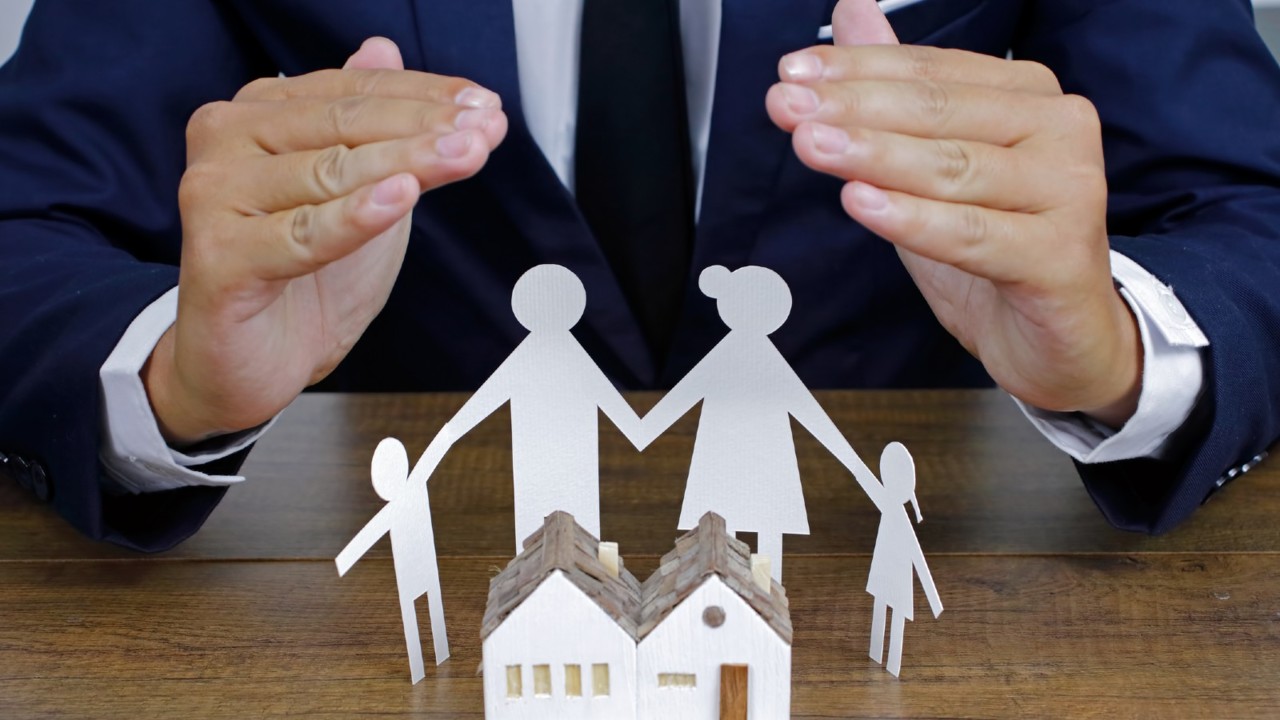Child psychologists worry about anxiety levels in kids post-Covid
Doctors and academics are raising alarm bells about the impact the pandemic will have on children’s anxiety levels, learning how to socialise again and what has been dubbed the “Peppa Pig effect”.

Macarthur
Don't miss out on the headlines from Macarthur. Followed categories will be added to My News.
As lockdown extends into its eleventh week, psychologists and academics are raising alarms over the impact the Covid-19 pandemic is having on the mental health of children.
Child psychologist at the Quirky Kid Clinic, Dr Kimberley O’Brien, told the Macarthur Chronicle her greatest concerns were the rising anxiety levels among children and families.
“There’s a lot of anxiety in childhood now that wasn’t so present 20 years ago and it’s the number one reason for referral,” Dr O’Brien said.
“More are taking anti-anxiety medication and just kind of thinking it’s genetic, but previously people would go and see someone and get some strategies and not even consider medication.”

As well as growing anxiety among children, Dr O’Brien said social confidence among children is going to be impacted long-term by the current lockdown in NSW.
“Having a conversation with a group of people will feel confronting if you haven’t done it for ten weeks,” she said.
“Children will think ‘It’s so intense I need to go back to my bedroom’ because humans adapt to the new normal.”
Dr O’Brien said going back into classrooms will be difficult for some children, as they will have forgotten what it was like to have the extra noise and stimulation, as well as having people talk over them or having to wait their turn.
Meanwhile, parents are also worried their children are going to be emotionally damaged as a result of the lockdown.
“Children will scream and cry more when they are dropped at school so it’s going to put a lot of pressure and stress into families,” Dr O’Brien said.

University of Wollongong Vice Chancellor, Professor Patricia Davidson, said there would definitely be an impact on children because they had endured two years of impacted learning.
However, Professor Davidson said it will vary based on circumstances and a lot of it is based on the home situation.
“There is going to be potential gaps in learning and parents and teachers need to be prepared to mediate those gaps, because children will have dealt with the pandemic differently,” she said.
“While Australia has been protected, young people have still been exposed to this ambiguity and uncertainty which can make people anxious.”
Professor Davidson said with some people being disconnected from their family for almost two years now, milestones have been impacted in older children such as important birthdays or graduation.
They have also been hindered from forming relationships with their friends.

“Parents and teachers need to be thoughtful and mindful of these things – lessons can be made up but we can’t trade or buy our health,” Prof Davidson said.
She urged families to spend time together and make children feel secure during lockdown as a way of prioritising mental health.
“Children need to know we will come out of this,” she said.
“Mental health is going to affect so many dimensions in life but teaches and parents need to reach out for help too if they see changes in behaviour.”
While Professor Davidson believes children are going to struggle to get back into the classroom, she said a lot of anxiety in children would come from the new behaviours Covid has introduced, such as wearing masks in the classroom.
“Children are super anxious and with the masks, it doesn’t promote an optimal learning environment,” she said.
“Teachers and parents will need to anticipate there has been some learning loss but it’s not a bad thing and we shouldn’t blame children, schools or learning.
“If we all come out of the healthy and alive it’s a big plus.”

Children should not be made to feel they have failed while learning at home, the vice chancellor said, but rather people around them should normalise the situation that there are likely learning gaps.
Professor Davidson is urging teachers and schools to support children of all ages to adjust to whatever the new normal will be.
“They need to have the conversation and say it’s OK to not be OK,” Prof Davidson said.
For students studying the HSC this year, Professor Davidson said students could only do the best with what they have.
“Life is long and there are many pathways to achieve your dreams,” she said.
“Your ATAR does not determine your potential.”
Charles Sturt University head of discipline and senior lecturer in speech and language pathology, Dr Sarah Verdon, is warning parents of what she calls “The Peppa Pig effect”, where children have begun talking in a British accent.
Dr Verdon has said while children are listening to Peppa Pig for multiple hours a day during lockdown, they are beginning to imitate her way of speaking.

While some parents may be worried their children could have a British accent for life, Dr Verdon said it is just a “lockdown effect” on children’s communication.
“Pre-lockdown, a young child’s screentime might typically involve an hour of television a day, but research undertaken during lockdowns last year showed that young children’s screen time could be as high as six hours a day,” Dr Verdon said.
Dr Verdon said the way we watch television has also changed, with Netflix and binge-watching leading children to watch more of one show in a day.
While children may take on a British accent, she says it won’t last forever.
“This effect is not expected to be long-term or leave a lasting impact on children’s speech development,” she said.
“But the long-term impact of lockdowns and screen time upon early childhood development more broadly will certainly be an important area for future research.”
As NSW recorded 1431 new cases on Friday, the state’s chief psychiatrist is urging parents to check in on their children as the toll of home learning and disrupted routines continues to have an impact.
In the NSW press conference on Friday morning Dr Murray Wright reminded parents their children would be feeling the impact of lockdown just as much as them and they would need to be monitored.
“It is reasonable if there is any kind of change in behaviour in your school aged children at this time to assume that is actually a statement of distress and take the opportunity to find out what is causing that distress,” Dr Wright said.
“It is really important to try and have these conversations and to validate their distress, to acknowledge the things that they are missing out on and that they may have lost as a consequence of the restrictions, but to do so in a way that is nonjudgmental.”





